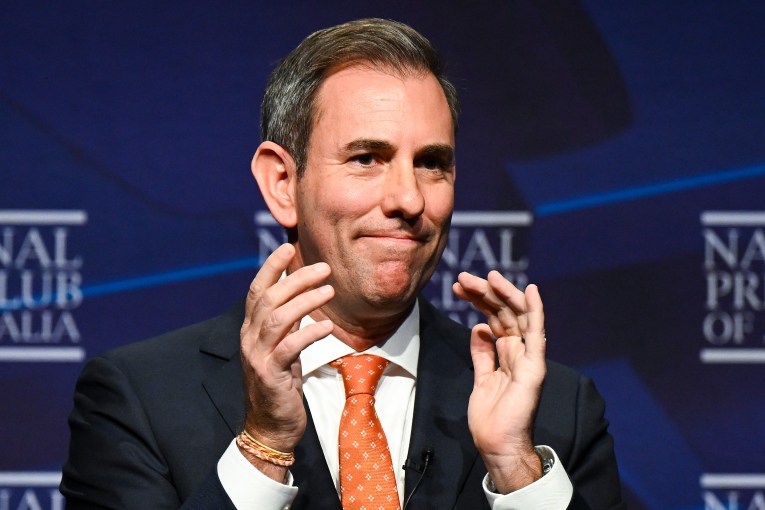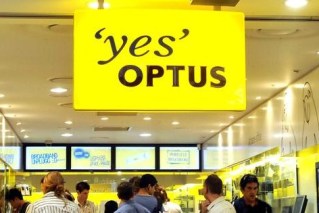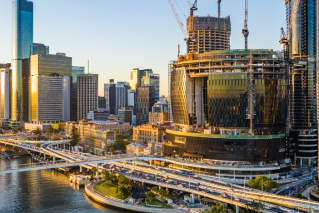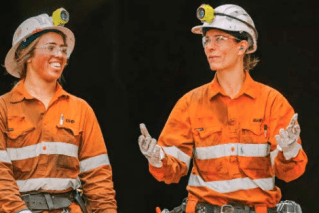Good news at last: Inflation dips sharply, lifting hopes of rates pause
Inflation dropped to 6.8 per cent in February leading to suggestions that its back has been broken, but it may not stop another hike in rates from the Reserve Bank.

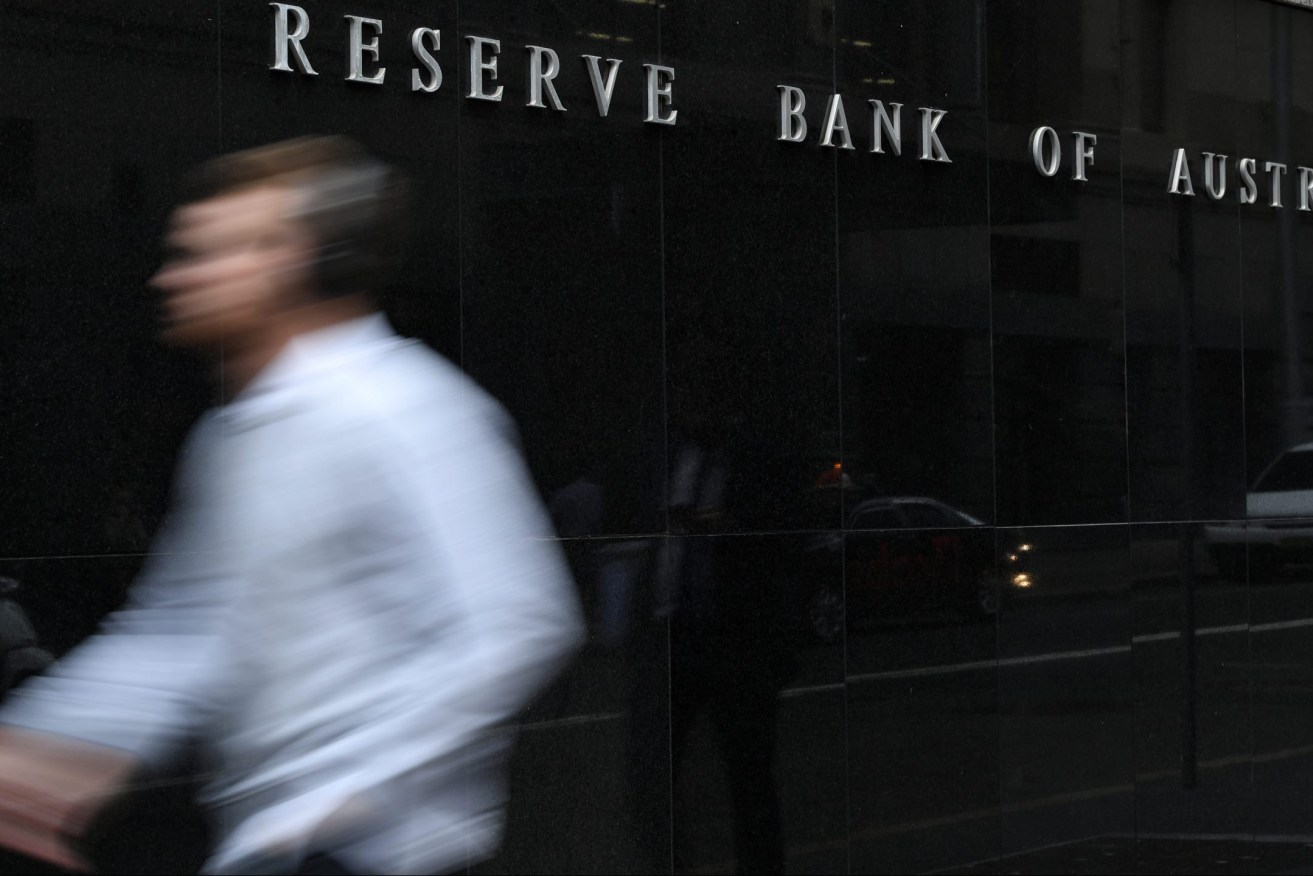
The rate of inflation is falling but the RBA may still hike rates next month (AAP Image/Joel Carrett)
Inflation has now dropped considerably from its peak in December of 8.4 per cent. While housing costs were still a major contributor, even that has shown a decline.
“The most significant contributors to the annual increase seen in February were housing (+9.9 per cent), food and non-alcoholic beverages (+8.0 per cent), transport (+5.6 per cent) and recreation and culture (+6.4 per cent),” ABS head of prices statistics Michelle Marquardt said.
“This marks the second consecutive month of lower annual inflation, also known as ‘disinflation’, from the peak of 8.4 per cent in December 2022.”
Rents and healthcare were still showing strong increases.
Economists said there were signs of “disinflation” in the data with the annualised rate over the past three months now sitting just above 5 per cent.
AMP Capital’s Shane Oliver said the bigger than expected fall in the CPI Indicator provided more evidence inflation had peaked and was now slowing.
“Along with falling real retail sales, mixed business conditions, signs of a slowing jobs market and the global banking turmoil, it supports the case for the RBA to pause next week,” he said.
Ray White economist Nerida Conisbee said the inflation data strengthened the case for a pause in rate hikes, but ANZ said inflation was still strong, despite the decline in the growth rate.
“Australia’s monthly CPI indicator showed inflation momentum remains strong and is not slowing as much as the fall in annual inflation would suggest,” ANZ said.
“Along with previous data releases, this makes us comfortable with our call that the RBA will raise the cash rate 25bp at its April meeting.”
Treasurer Jim Chalmers said the data contained more encouraging signs that inflation was moderating “but it will be higher than we’d like for longer than we’d like, and that’s why cost of living pressures remain the primary focus of our economic plan”.
The annual increase for the Housing group in February (+9.9 per cent) was lower than January (+10.4 per cent). New dwellings grew 13.0 per cent in the 12 months to February which is the lowest annual growth since February 2022 as price rises for building materials continue to ease. Rent prices rose again due to the tight rental market, maintaining the 4.8 per cent annual growth recorded in January.”
IFM economist Alex Joiner said the monthly inflation indicator was weaker than expected and “hopefully marks the turning point of inflation has indeed been reached”.
Meals out and takeaway food (+7.3 per cent) was the main contributor to the annual increase, followed by food products not elsewhere classified (n.e.c.) (+11.8 per cent), bread and cereal products (+12.5 per cent) and dairy and related products (+14.3 per cent).
Automotive fuel prices rose 5.6 per cent in the year to February, down from January’s annual rise of 7.5 per cent. While fuel prices drove the increase in transport, annual growth for fuel is the lowest it has been in two years.
